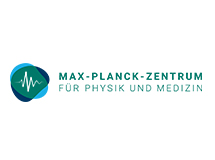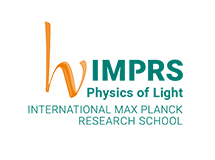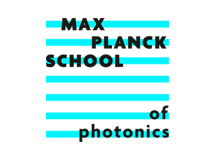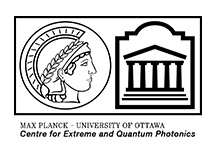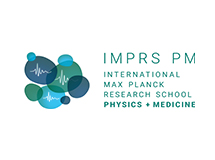Operational quantum tomography

Olivia Di Matteo, University of British Columbia, Vancouver, Canada
Leuchs-Russell Auditorium, Staudtstr. 2
Abstract:
As quantum processors become increasingly refined, benchmarking them in useful ways becomes a critical topic. Traditional approaches to quantum tomography, such as state tomography, suffer from self-consistency problems, equiring either perfectly pre-calibrated operations or measurements. This problem has recently been tackled by explicitly self-consistent protocols such as randomized benchmarking, robust phase estimation, and gate set tomography (GST). An undesired side-effect of self-consistency is the presence of gauge degrees of freedom, arising from the lack fiducial reference frames, and leading to large families of gauge-equivalent descriptions of a quantum gate set which are difficult to interpret.
We solve this problem through introducing a gauge-free representation of a quantum gate set inspired by linear inversion GST. This allows for the efficient computation of any experimental frequency without a gauge fixing procedure. We use this approach to implement a Bayesian version of GST using the particle filter approach, which was previously not possible due to the gauge.
Within Bayesian GST, the prior information allows for inference on tomographically incomplete data sets, such as Ramsey experiments, without giving up self-consistency. We demonstrate the stability and generality of both our gauge-free representation and Bayesian GST by simulating a number of common characterization protocols, such as randomized benchmarking, as well characterizing a trapped-ion qubit using experimental data.
Contact
Edda Fischer
Head of Communication and Marketing
Phone: +49 (0)9131 7133 805
MPLpresse@mpl.mpg.de

